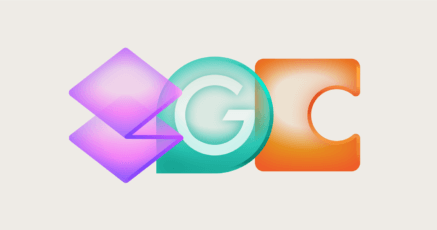Grammarly Acquires Superhuman, Valued at $825 Million, to Expand AI Productivity Platform

San Francisco, CA – Grammarly, the AI assistant for communication and productivity, announced its intent to acquire Superhuman, the AI-native email application, on July 1, 2025. This strategic move aims to significantly bolster Grammarly's evolution into a comprehensive AI productivity platform, leveraging email as a critical communication surface for an "agentic future" where humans and AI collaborate seamlessly. The financial terms of the deal were not disclosed, though Superhuman was last valued at $825 million in 2021.
The acquisition follows Grammarly's recent $1 billion non-dilutive investment from General Catalyst, providing substantial resources for its expansion beyond grammar correction. Grammarly, founded in 2009, boasts over 40 million daily users and annual revenues exceeding $700 million. Superhuman, which raised over $114 million from investors including a16z and IVP, generated approximately $35 million in annual revenue.
Shishir Mehrotra, CEO of Grammarly, emphasized the strategic importance of the acquisition, stating, "With Superhuman, we can deliver that future to millions more professionals while giving our existing users another surface for agent collaboration that simply doesn’t exist anywhere else." Email is a primary use case for Grammarly, assisting with over 50 million emails weekly across various providers. Superhuman users report significant efficiency gains, sending and responding to 72% more emails per hour.
Rahul Vohra, CEO of Superhuman, will join Grammarly along with over 100 Superhuman employees. Vohra affirmed, "By joining forces with Grammarly, we will invest even more in the core Superhuman experience, as well as create a new way of working where AI agents collaborate across the communication tools that we all use every day." The Superhuman product and brand are expected to continue, now with enhanced resources for deeper AI investment and potential expansion into calendars and tasks.
This acquisition builds on Grammarly's earlier purchase of collaborative productivity software Coda in late 2024, further solidifying its vision for an integrated AI-powered workspace. The combined entity aims to offer a multi-agent experience, where specialized AI agents can assist users across various digital workflows, from drafting communications to analyzing data and scheduling. The deal positions Grammarly to compete more directly in the burgeoning AI productivity tools market, alongside tech giants like Google and Microsoft.